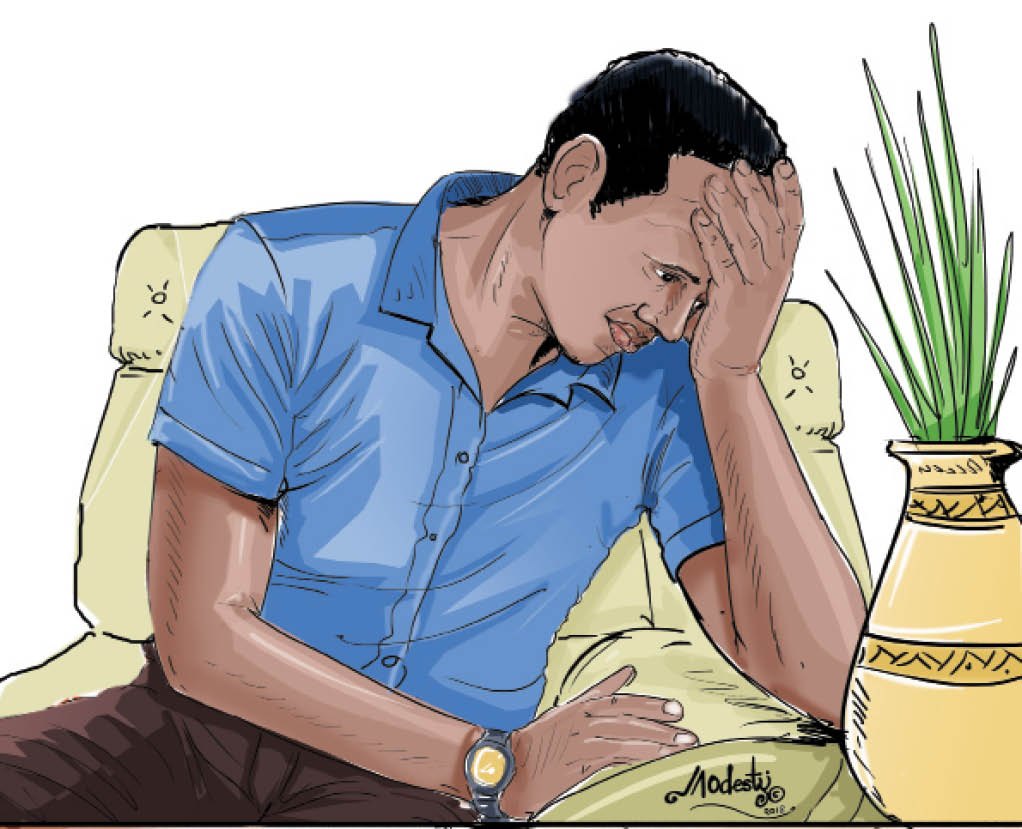Can we talk about Dementia?
Last week I joined some webinars dedicated to dementia and also saw a lot of social media discussions about it. It was alluded that dementia is one of the most severe mental illnesses globally which we must deal with. Can you share information about it? Franca KK The word dementia comes from the Latin […]

Last week I joined some webinars dedicated to dementia and also saw a lot of social media discussions about it. It was alluded that dementia is one of the most severe mental illnesses globally which we must deal with. Can you share information about it?
Franca KK
The word dementia comes from the Latin de (apart) and mens from the genitive mentis meaning “mind”. Dementia is the progressive deterioration in cognitive function and the ability to process thought (intelligence). Progressive means the symptoms will gradually get worse.
Description
Dementia is a non-specific syndrome in which affected areas of the brain function may be affected, such as memory, language, problem solving and attention.
Dementia, unlike Alzheimer’s, is not a disease in itself.
Symptoms
1.’’’’’Memory loss – The patient may forget his way back home from the shops. He may forget names and places. He may find it hard to remember what happened earlier on during the day.
2.’’’’’Moodiness – The patient may become more and more moody as parts of the brain that control emotion become damaged. Moods may also be affected by fear and anxiety – the patient is frightened about what is happening to him.
3.’’’’’Communicative difficulties – The affected person finds it harder to talk, read and or write.
4.’’’’’As dementia progresses, the patient’s ability to carry out everyday tasks diminishes and he may not be able to look after himself.
Diseases that causes dementia
1.’’’’’Alzheimer’s disease – This is by far the most common cause of dementia. The chemistry and structure of the brain of a person with Alzheimer’s disease changes and his brain cells die prematurely.
2.’’’’’Stroke (vascular problems) – This means problems with blood vessels (veins and arteries). Our brain needs a good supply of oxygen-rich blood. If this supply is undermined in any way, our brain cells could die – causing symptoms of vascular dementia. Symptoms may appear suddenly, or gradually. A major stroke will causesymptoms to appear suddenly while a series of mini strokes will not.
3.’’’’’Dementia with Lewy bodies – Spherical structures develop inside nerve cells.
Brain cells are nerve cells; they form part of our nervous system. These spherical structures in the brain damage brain tissue. The patient’s memory, concentration and ability to speak are affected.
4.’’’’’Frontotemporal dementia – This includes Pick’s disease. The front part of the brain is damaged. The patient’s behaviour and personality are affected first, later his memory changes.
There are two main categories of dementia
According to some experts, there are two main categories of dementia – cortical and sub-cortical dementias.
1.’’’’’Cortical dementia – The cerebral cortex is affected. This is the outer layer of the brain. The cerebral cortex is vital for cognitive processes such as language andmemory.
2.’’’’’Subcortical dementia – A part of the brain beneath the cortex (deeper inside) becomes affected or damaged. Language and memory are not usually affected. A patient with sub-cortical dementia will usually experience changes in his personality, his thinking may slow down and his attention span may be shortened.
Treatment options
•’’’’’’’’Most types of dementia cannot be cured, but there are ways to manage your symptoms such as use of some drugs to temporarily improve symptoms. Other medications can also be prescribed to treat symptoms or conditions such as depression, sleep disturbances, hallucinations or agitation.
